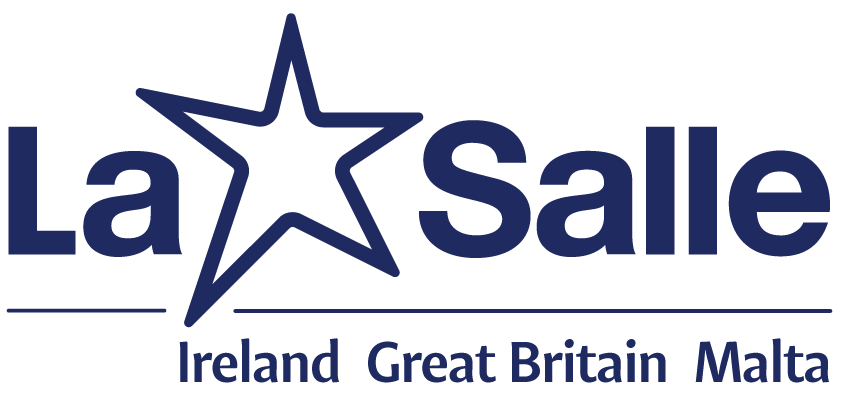Schools take part in initiative to improve literacy
St. Benild School/Stella Maris College Malta took part in an exciting initiative which is aimed at helping raise standards of literacy among school children. Claudia Vella, Assistant Head of Stella Maris Junior School, explains what the initiative entailed.
The objective of the project entitled ‘Building On Opportunities for Story-Telling (BOOST)’ is to improve upon the ability of educators when it comes to raising their pupils’ standard of literacy. This is being achieved by educators taking part in five mobilities aimed at sharing best practices. Such cooperation certainly leads to innovation.
Through such projects, one increases the networking capacity between the schools on an international level. In fact, this project involves educators of six different schools from five different countries, namely Malta, Ireland, Iceland. Slovenia and Turkey. Much to our pleasure, the Irish partner school happens to be a Lasallian school - Saint Colmans BNS.
This project started back in September 2019 and it will come to a close at the end of this scholastic year. The first mobility was held in Malta in 2019. For the second mobility, the Head of School, Mr Noel Abela, as well as two Assistant Heads Ms Claudia Vella and Ms Maria Farrugia participated in the second mobility held in Iceland.
Many lessons and skills about Storytelling were learnt by the educators during this mobility in Iceland at Salaskoli held from October 5th to 7th, all of which can be utilised during the lessons. There was a rich exchange of best practices within the school so that the lessons learnt from the mobility were not limited to the participants themselves. On the contrary, once back home, the educators who experienced the mobility shared the best practices witnessed within the school visited.
During this mobility, the participants engaged in presentations on the school being visited, exchange of practices in how the school adopts reading and creative writing to improve literacy skills across the different ages, as well as observations in class sharing how the school implements technology and modern tools to improve the literacy of young students.
Teaching through culture, teachers from the host school discussed with the group how they implement cultural lessons and information about the cultural history of the country when teaching young students how to read and write.
During the classroom visits the teachers along with students from the school will compile short stories about local culture. These short stories will be compiled in a final book which will include short stories from all the six schools. The Icelandic school’s mission, ‘To help the students to find their own way of telling a story in a way that makes sense to them’, led to many discussions on how to adapt teaching techniques according to the needs of the students.
The results of the project and the expertise gained by the educators participating in this project will hopefully be continually utilised after the project has ended, where the new skills obtained by the educators will be part and parcel of the methods which they use in their classes.



